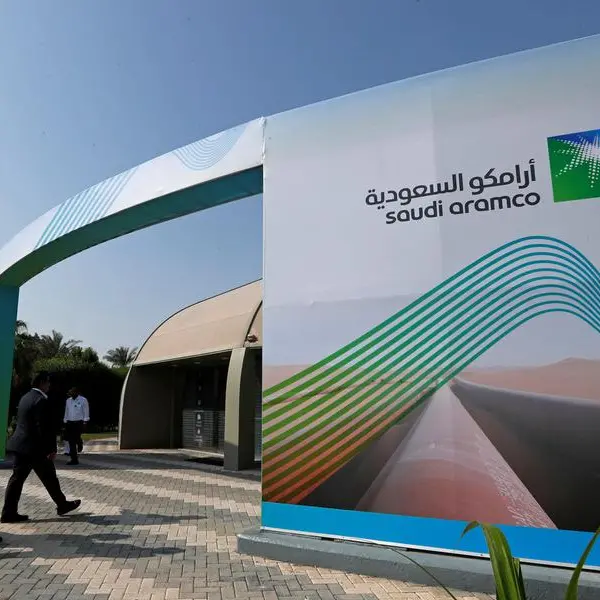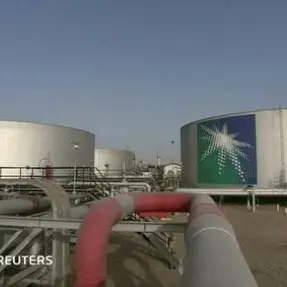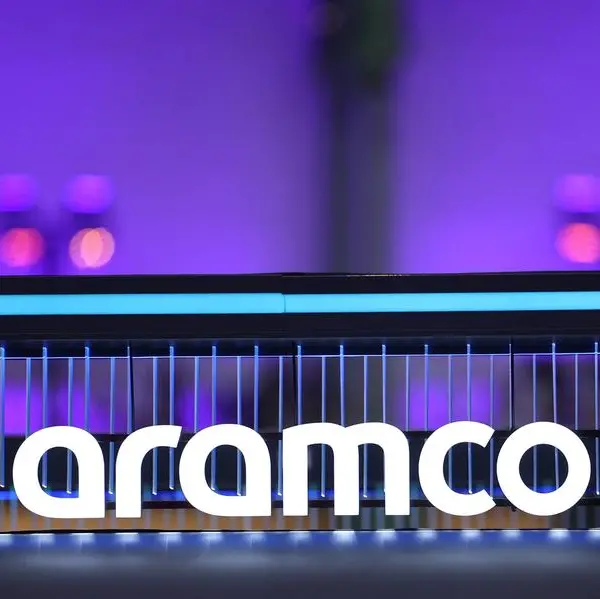PHOTO
Energy Storage Systems (ESS) have become an essential component of modern energy infrastructure, enabling businesses to optimize energy usage, reduce operational costs, and enhance grid stability. As commercial enterprises strive for greater energy efficiency and renewable energy integration, ESS offers a robust solution for energy management, load shifting, and backup power supply. These systems empower businesses to manage peak demand, mitigate power disruptions, and contribute to sustainability initiatives by decreasing dependence on fossil fuels.
Among the various ESS technologies available today, liquid-cooled and modular solutions represent two of the most advanced and effective approaches. Liquid-cooled systems utilize superior thermal management to ensure consistent performance, prevent overheating, and extend battery longevity. In contrast, modular ESS solutions provide unmatched scalability and flexibility, allowing businesses to customize their energy storage configurations based on evolving operational needs. Understanding the technical features, performance metrics, and economic advantages of these systems is essential for selecting the optimal solution for commercial applications.
Liquid-Cooled and Modular ESS: Technical Features
Liquid-Cooled Systems
Liquid-cooled ESS employs advanced cooling technology to maintain uniform battery cell temperatures, mitigate thermal hotspots, and enhance overall system efficiency. Unlike air-cooled solutions, which struggle with uneven temperature distribution and overheating, liquid-cooled systems use a circulating coolant to regulate battery temperatures effectively. This ensures that energy storage systems operate under optimal conditions, minimizing degradation and maximizing longevity.
Key advantages of liquid-cooled ESS include:
- Enhanced thermal management: The cooling system minimizes temperature fluctuations across battery cells, ensuring stable and efficient operation.
- Extended battery lifespan: By reducing heat stress, liquid cooling extends the operational life of battery modules, lowering replacement costs and improving return on investment.
- Superior energy efficiency: Liquid cooling systems consume less energy compared to traditional air-cooled alternatives, improving overall round-trip efficiency.
- Reduced maintenance requirements: Effective thermal regulation reduces the likelihood of system failures and maintenance-related downtime.
- Increased safety: Liquid-cooled systems provide enhanced protection against thermal runaway, significantly reducing the risk of battery fires or explosions.
Modular ESS Solutions
Modular ESS solutions are designed for flexibility and scalability, making them particularly well-suited for businesses with dynamic energy storage requirements. These systems consist of multiple independent battery modules that can be expanded or replaced with minimal disruption, providing fault-tolerant capabilities and operational resilience.
Key benefits of modular ESS include:
- Scalability: Businesses can start with a smaller system and expand storage capacity incrementally as demand grows, avoiding unnecessary upfront investment.
- Hot-swappable battery modules: Faulty or depleted modules can be replaced without shutting down the entire system, ensuring continuous operation.
- Seamless integration: Modular ESS can be integrated with photovoltaic (PV) inverters and energy management systems (EMS), facilitating efficient energy distribution and grid interaction.
- Improved redundancy: In the event of a module failure, the remaining units continue operating, reducing the risk of total system shutdown.
- Optimized space utilization: Modular designs can be configured to fit within space-constrained environments, making them ideal for urban commercial settings.
Performance Metrics and Technical Insights
To assess the efficiency and reliability of commercial ESS solutions, it is essential to consider key performance metrics:
- Round-trip efficiency: Measures the ratio of energy output to energy input, typically exceeding 90% for high-performance ESS solutions, reducing energy losses and improving cost-effectiveness.
- Depth of Discharge (DoD): Indicates how much of a battery’s capacity can be utilized before recharging. Advanced ESS solutions support deep discharge cycles while maintaining long-term battery health.
- Cycle life: The number of charge-discharge cycles a battery can undergo before significant capacity degradation. LiFePO4 (Lithium Iron Phosphate) batteries, commonly used in ESS, offer superior cycle life and thermal stability, ensuring long-term reliability.
- Cooling power consumption: Liquid-cooled systems generally consume less energy for thermal management compared to air-cooled solutions, enhancing operational efficiency.
- Response time: The speed at which the system can discharge stored energy to meet demand, critical for applications such as demand response and grid stabilization.
Sungrow’s Advanced ESS Solutions
Sungrow’s Liquid-Cooled Designs
At Sungrow, we have developed industry-leading liquid-cooled ESS solutions that provide exceptional performance for large-scale commercial applications. Our systems are designed to enhance energy efficiency, extend battery life, and ensure operational safety. Sungrow’s liquid-cooled solutions feature state-of-the-art thermal management, mitigating risks associated with thermal runaway and enhancing overall system stability.
Key features of Sungrow’s liquid-cooled ESS include:
- Advanced cooling technology: Ensures uniform temperature distribution, reducing performance inconsistencies.
- High round-trip efficiency: Maximizes energy utilization, reducing waste and operational costs.
- Robust safety mechanisms: Incorporates multi-layered protection against overcharging, short circuits, and overheating.
- Seamless integration: Designed for compatibility with solar PV systems, microgrids, and smart grid applications.
Sungrow’s Modular Systems
Our modular ESS solutions cater to businesses seeking adaptable and cost-effective energy storage options. These systems support streamlined installation, easy expansion, and enhanced operational reliability.
Key advantages of Sungrow’s modular ESS include:
- Flexible configuration: Can be customized to meet diverse commercial energy demands.
- Plug-and-play functionality: Reduces installation time and complexity, allowing for quick deployment.
- Enhanced reliability: Features built-in redundancy and fault-tolerant design, ensuring minimal disruption.
- Long-term scalability: Allows businesses to scale storage capacity over time as energy needs evolve.
Comprehensive Support from Sungrow
We at Sungrow provide end-to-end support for our ESS solutions, ensuring businesses maximize their energy investments. Our key support services include:
- Expert design consultation: Assisting businesses in selecting and configuring the most suitable ESS solution.
- Real-time monitoring: Enabling proactive system management and optimization.
- Robust after-sales services: Providing ongoing maintenance, troubleshooting, and software updates to ensure long-term system performance.
Benefits of Advanced ESS Technologies
Performance and Longevity Advantages
- Enhanced safety: Liquid cooling prevents overheating, while modular designs ensure fault tolerance.
- Extended lifespan: Superior battery chemistry and thermal management maximize system longevity.
- Improved operational efficiency: High round-trip efficiency and seamless energy integration reduce energy waste.
Cost and Environmental Benefits
- Lower electricity costs: Optimized energy usage and peak shaving reduce utility expenses.
- Reduced carbon footprint: ESS enables the integration of renewable energy, decreasing reliance on fossil fuels.
- Energy independence: Businesses gain greater control over their energy resources, reducing dependence on volatile grid conditions.
Conclusion
The evolution of commercial ESS technologies has transformed energy management strategies for businesses worldwide. Liquid-cooled and modular solutions offer superior thermal management, scalability, and efficiency, addressing key challenges in energy storage and distribution.
As businesses strive to optimize their energy strategies, partnering with Sungrow provides access to industry-leading ESS solutions backed by expert support and innovative technology. Whether through cutting-edge liquid-cooled systems for large-scale applications or flexible modular solutions for evolving energy needs, Sungrow ensures reliable, efficient, and scalable energy storage tailored to modern commercial requirements.
Disclaimer: The views of users published on AfricaBusiness.com are their own.
Copyright © 2022 AfricaBusiness.com - All materials can be used freely, indicating the origin AfricaBusiness.com Provided by SyndiGate Media Inc. (Syndigate.info).
Africa Business





















